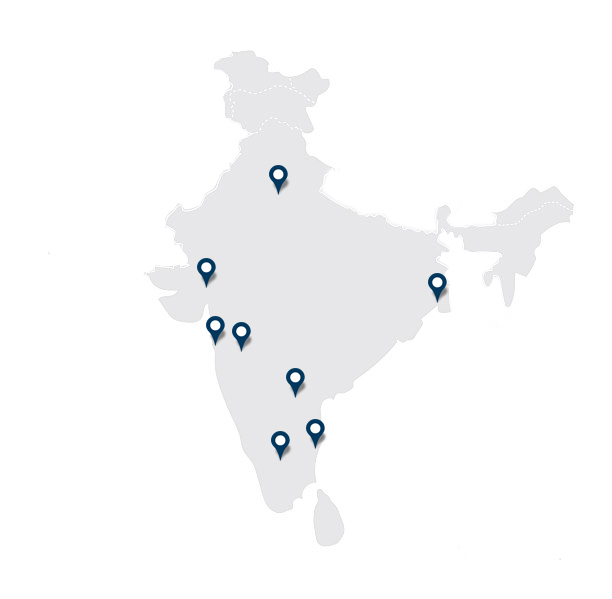




Choosing the Right Recommender is Crucial: Select referees who know your academic or professional journey in depth. A lecturer who supervised your final-year research project or a direct manager who evaluated your problem-solving abilities regularly is far more effective than a well-known contact with limited insight into your strengths.
Quality Over Quantity: Effective LORs go beyond academic performance to showcase how you think and act. Reflective anecdotes, such as how you turned around a failed group task or mentored new lab members, bring depth. Specific data points enhance the impact of qualitative praise.
UK-Centric Expectations: British universities value brevity, precision and relevance. A concise, one-page letter with focused examples is more persuasive than vague, elaborate descriptions.



Delhi, Ahmedabad, Bangalore, Chennai, Hyderabad, Kolkata, Mumbai, Pune, Chandigarh